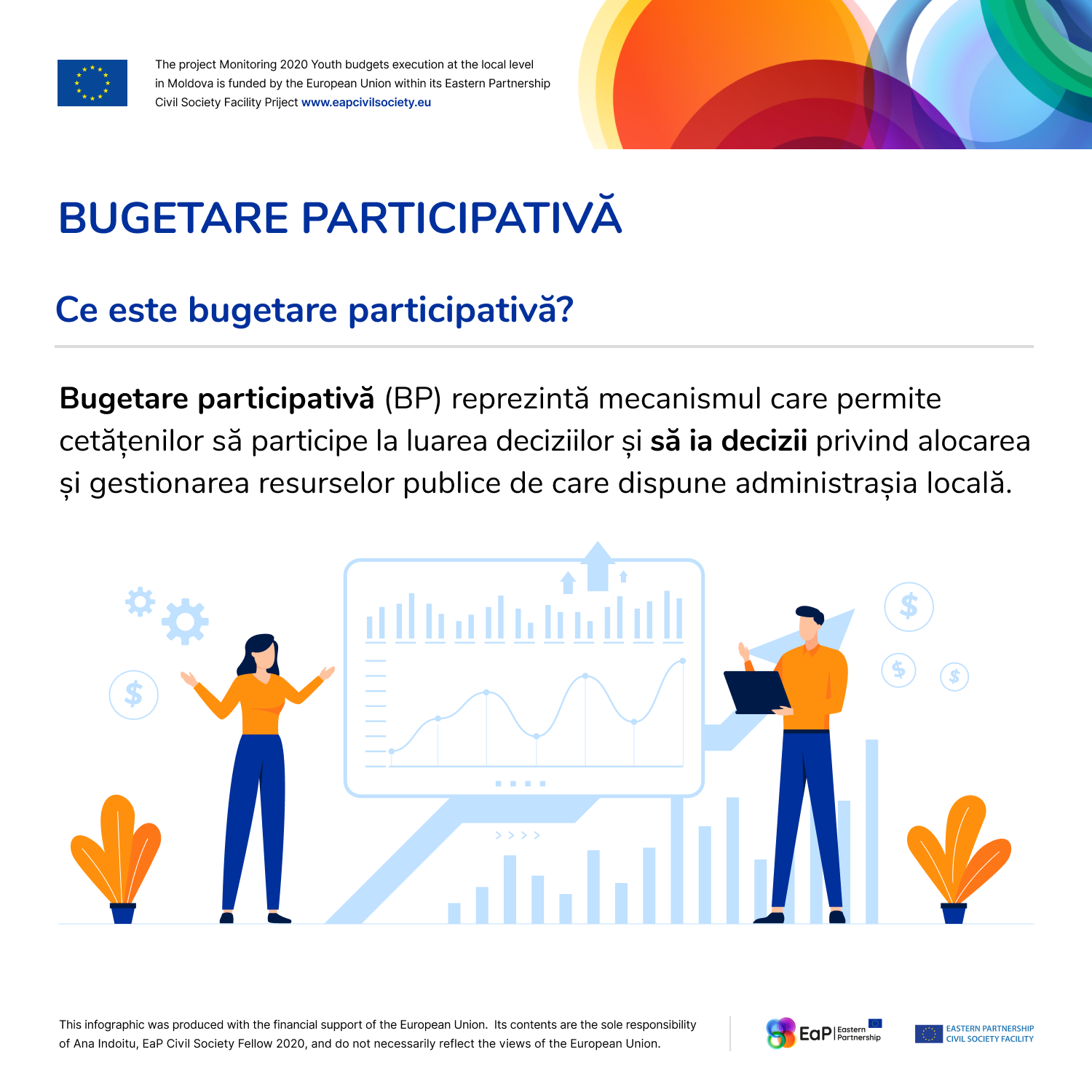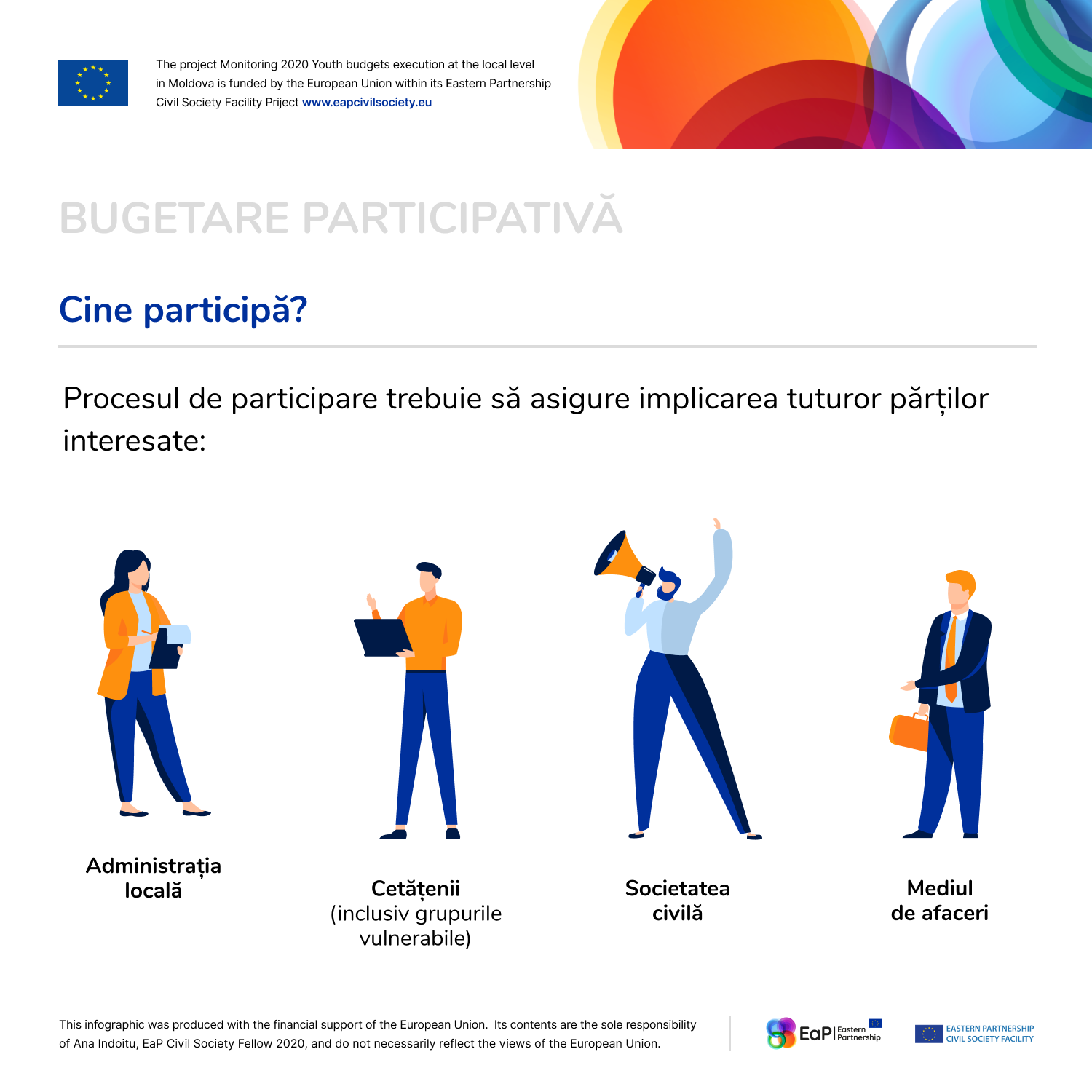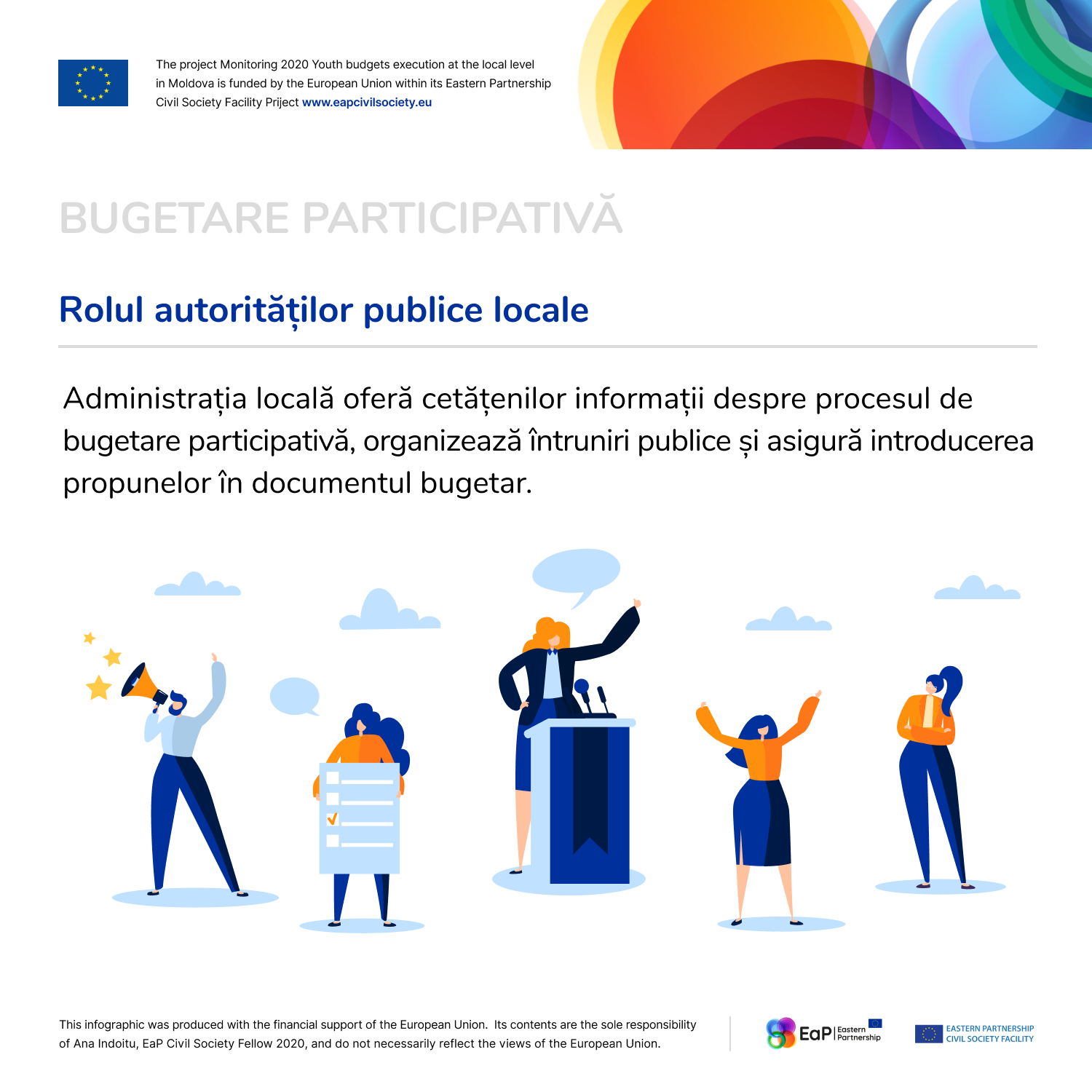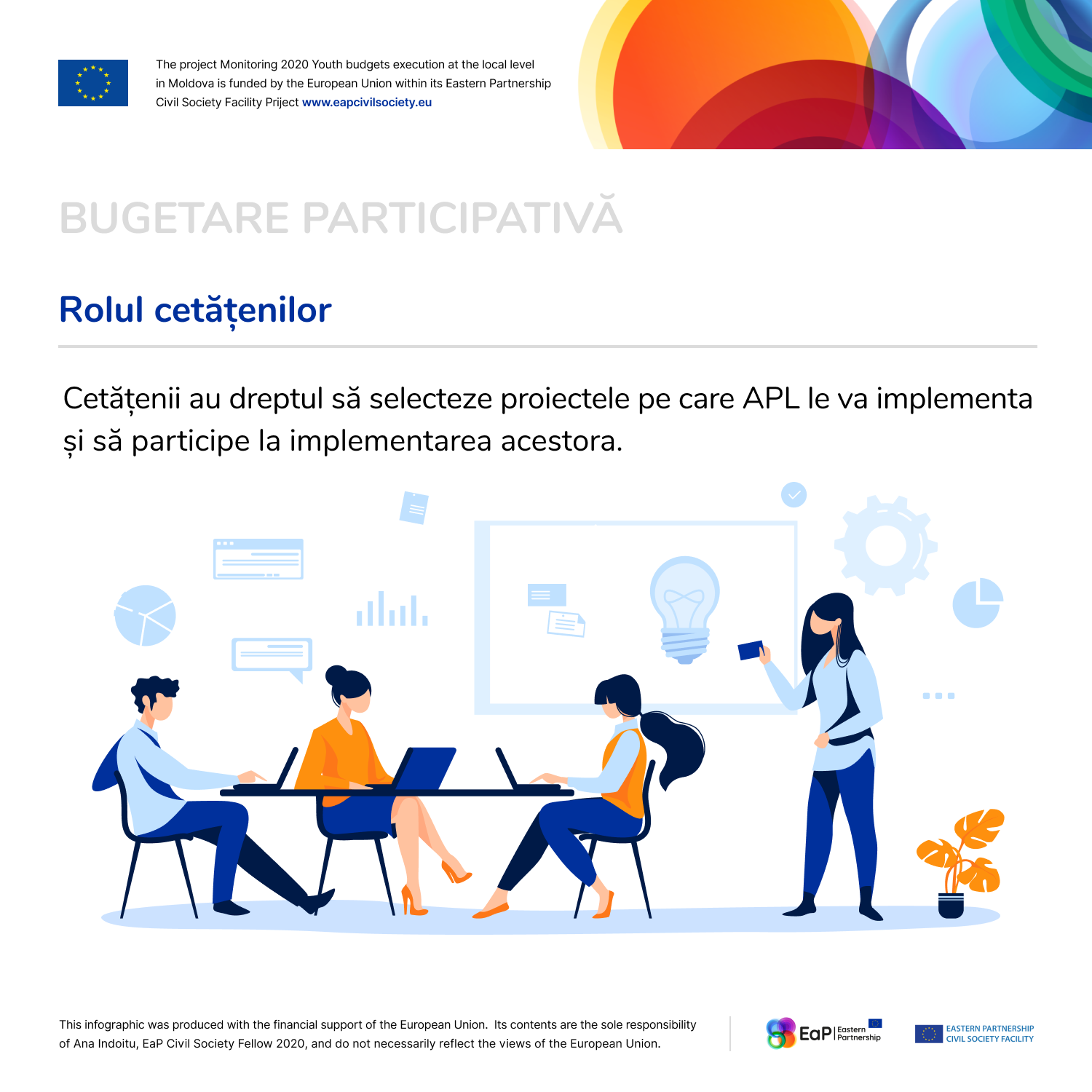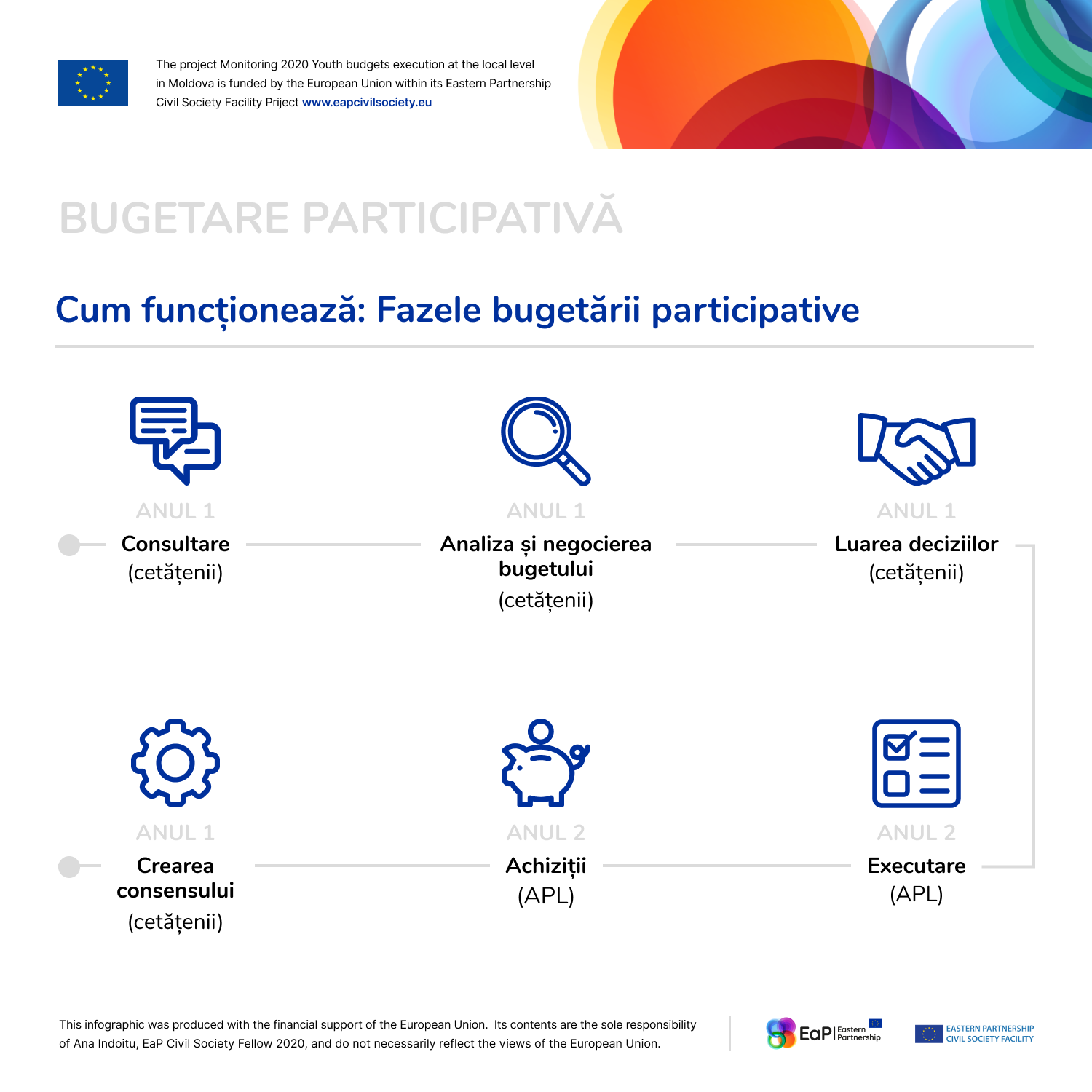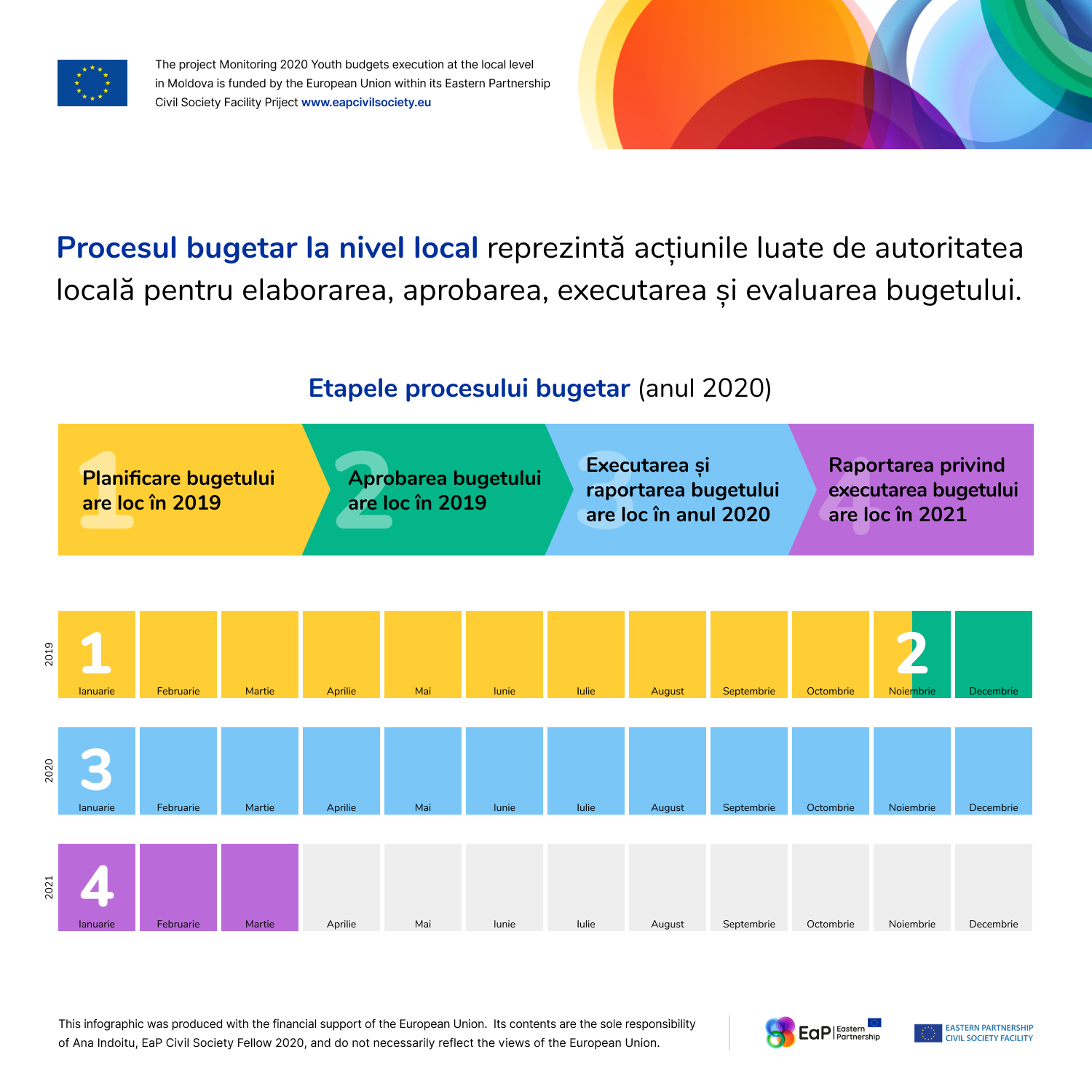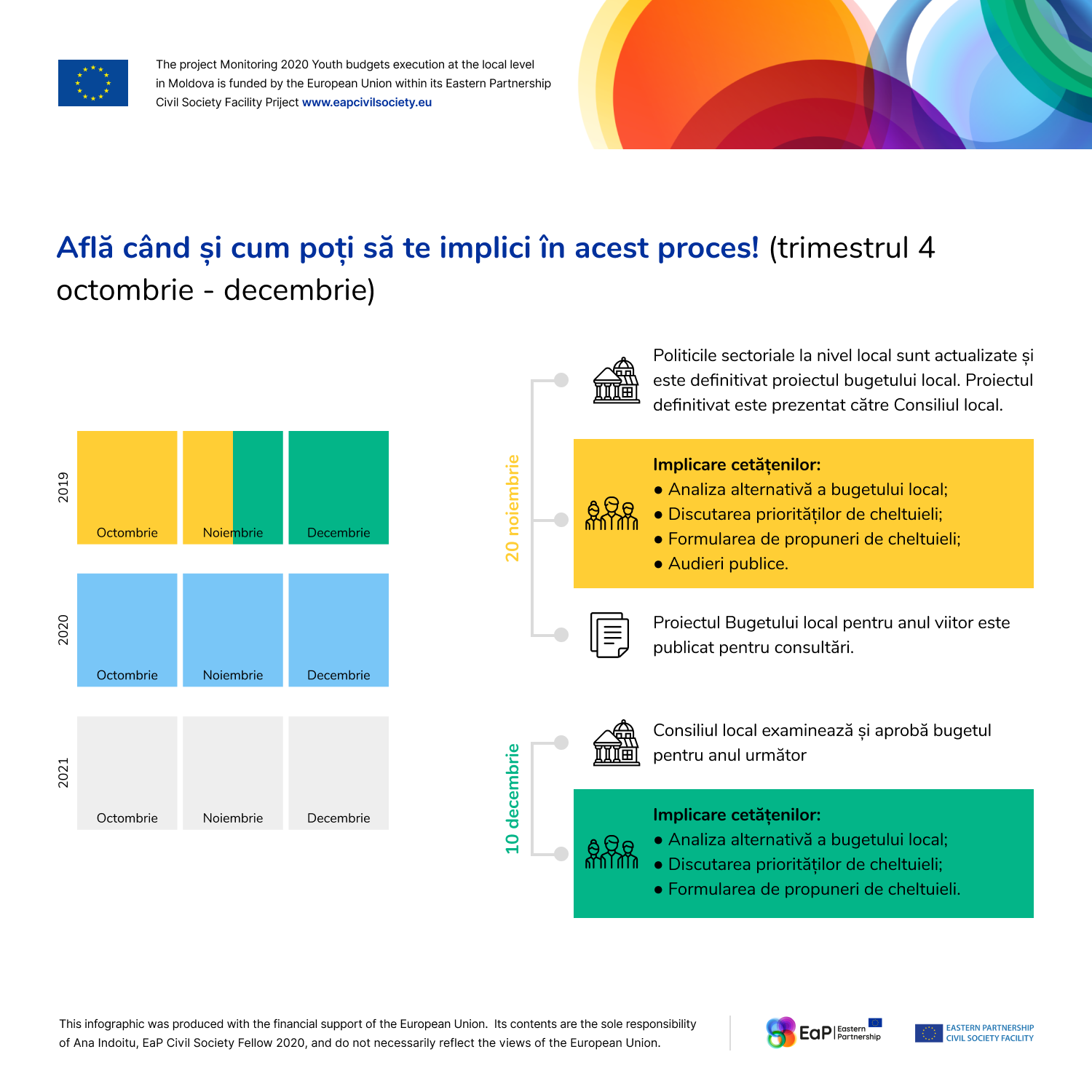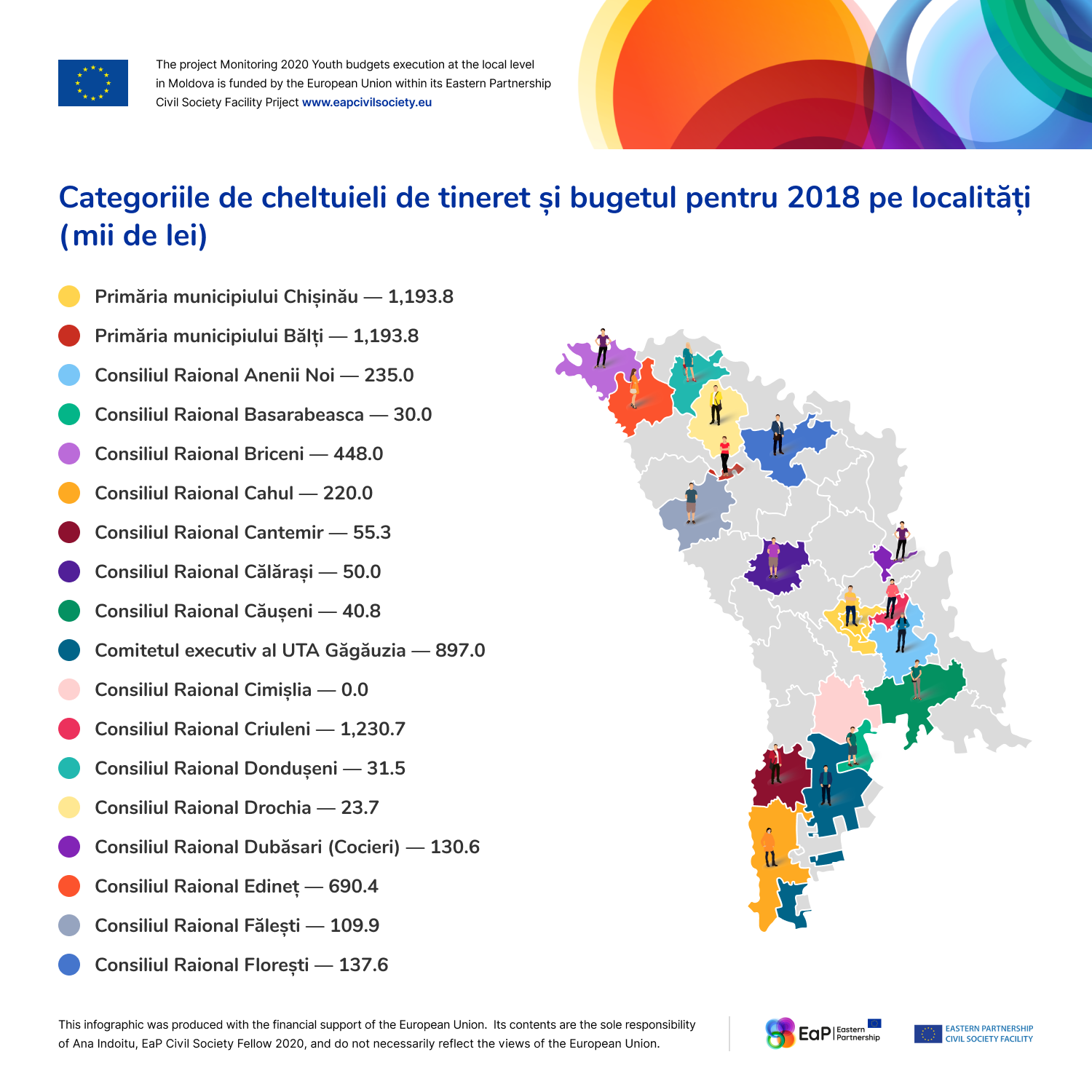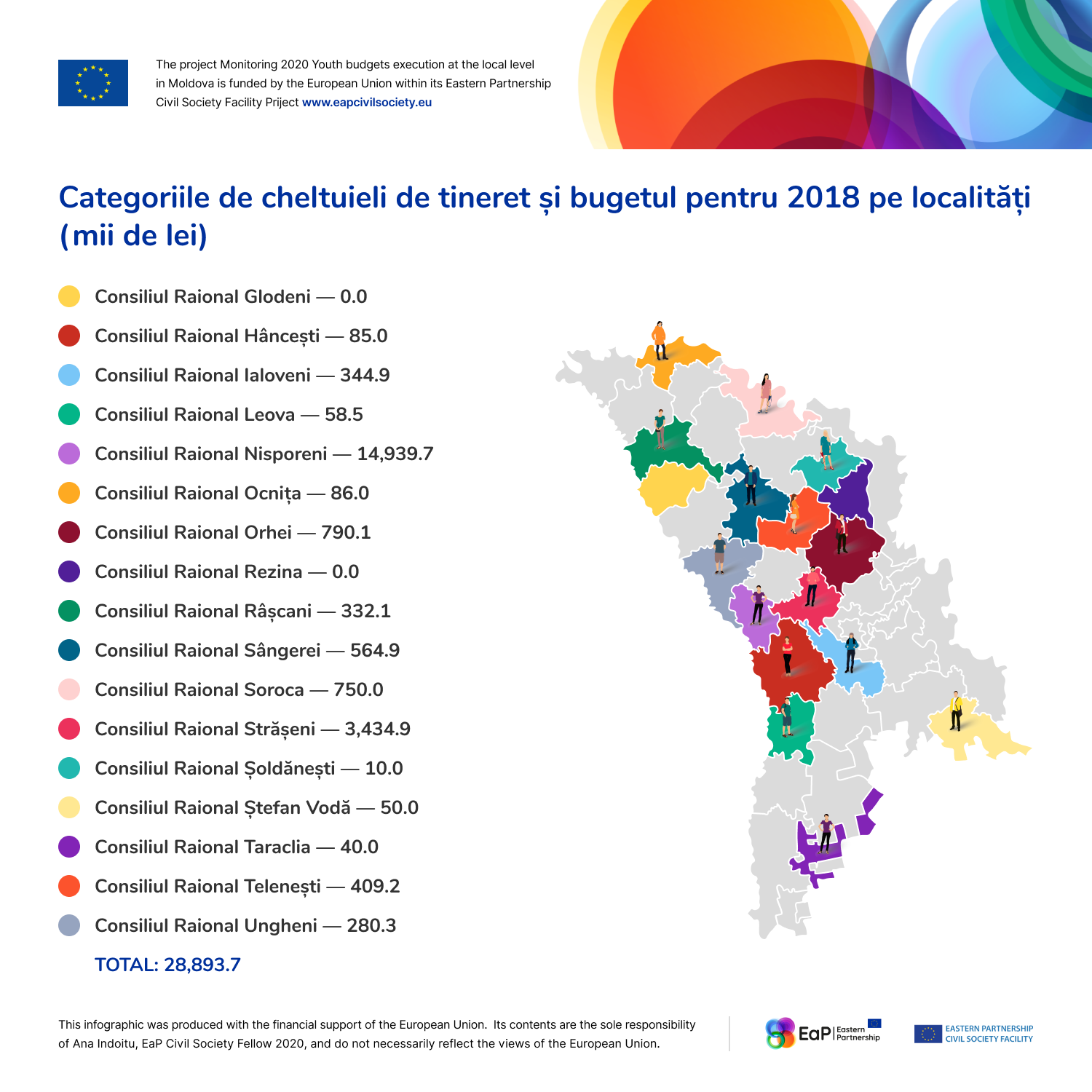All-Ukrainian project: Involvement of Youth in Physical Culture and Sports in Small Cities of Ukraine aimed to analyze the general conditions in Sports in different cities, conduct collaborative roundtable/training among Physical Culture and Sport functionaries and engage the central authority – Ministry of Culture, Youth and Sports of Ukraine in discourse. The project was implemented in three phases. First, Vladislav selected 5 Ukrainian cities of Vatutine, Korsun-Shevchenkivsky, Bakhmach, Slavutich, Kozyatyn and interviewed the relevant stakeholders, including the coaches, heads of sports organizations, local deputies, etc. Following this, Vladislav organized roundtables and training for the local youth, authorities and sports organizations to exchange ideas and analyze the conflicting issues; the discussions resulted in constructive proposals for industry reforms. Finally, the action disseminated the acquired information and project deliverables to the larger audiences through the social media page, comprising diverse photo/video materials and publications.
The action delivered a comprehensive analysis on the status of the Physical Culture and Sport sphere in 5 Ukrainian cities and facilitated collaboration between the Ministry of Youth and Sports and active functionaries from the target municipalities. Also, the project created a communication platform for Sports and Physical Education Professionals and fostered a constructive dialogue between the Sports teachers, local authorities and private sports organizations To showcase the results in numbers, Vladislav conducted 20 individual interviews, organized 5 roundtables in each city, attended by more than 100 stakeholders; the proposals developed at those meetings were sent to the relevant official bodies and added to the Sports Reform Concept by 2020-2028. On top of that, the Facebook page @sportinsmallcities raised awareness of the large audience through the final video and more than 50 photo/video publications.


